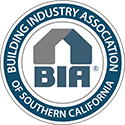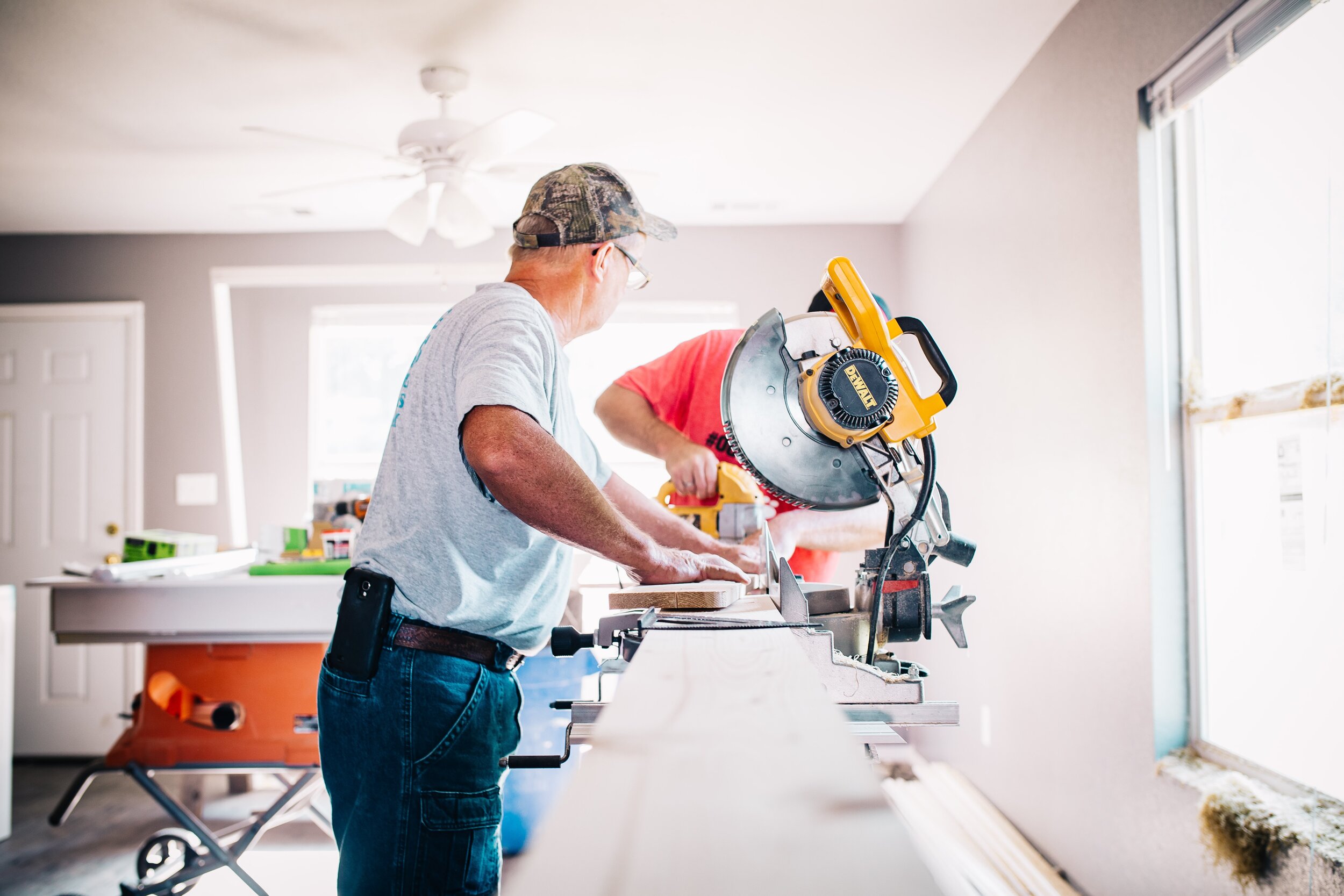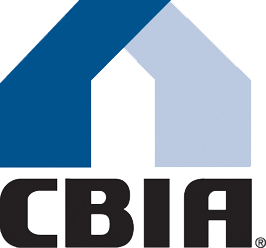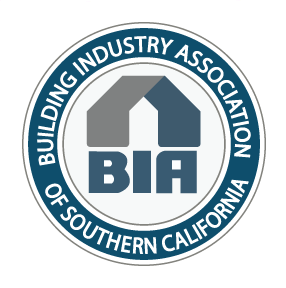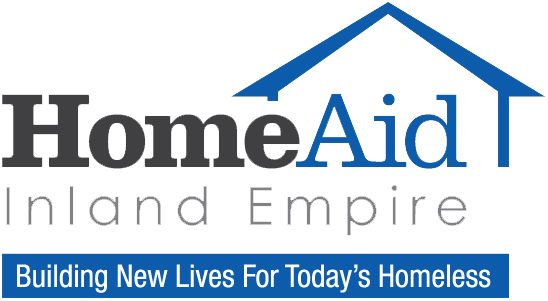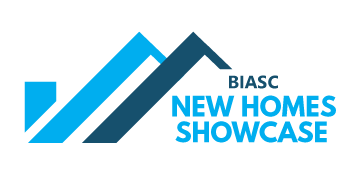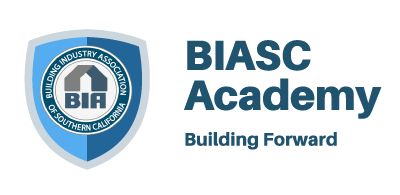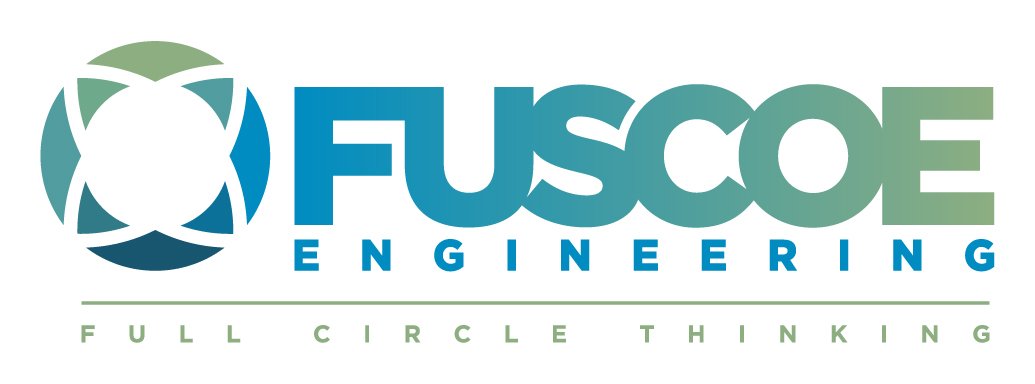Photo by Annie Gray on Unsplash
by Jim Perry, Taylor Morrison,
President, Building Industry Association (BIA) Baldy View Chapter
In 1974, a pop song swept the nation containing the lyrics “dreams can come true again, when everything old is new again”. If you remember hearing this song on the radio, you are one of a generation of Americans who are living longer, more active and healthier lives and planning for retirement. Today those planning for their golden years have far more housing options while enjoying greater convenience and comfort than previous generations thanks to new remodeling innovations known as ‘aging-in-place’ – innovations that can make older homes new again.
Because more retiring Americans are choosing to remain in their homes and hope to accommodate the challenges brought on by aging, the National Association of Home Builders (NAHB) offers a special certification for remodeling professionals who specialize in making existing homes safer, more convenient and more comfortable as NAHB-Certified Aging-in-Place Specialists (CAPS). CAPS-certified remodelers are specially trained to customize existing homes by anticipating and meeting the homeowner’s current and future needs because CAPS design principles focus on aesthetically enriching barrier-free environments and other changes that can also increase the value of an existing home.
Today, many active seniors find it is far more cost-efficient to make home improvements to accommodate the effects of aging rather than seek out a facility that meets all their unique needs. According to NAHB, moving to a typical assisted living facility can cost upwards of $60,000 per year each year while the cost to widen a bathroom door, put in safety bars and a roll-in shower should typically cost closer to the vicinity of $8,000 – which is a one-time expense instead of a yearly drain on a homeowner’s finances. The affordability of aging-in-place remodeling is enhanced by the fact that medically necessary changes such as wider doorways or a roll-in shower may be tax deductible if supported by a doctor’s letter.
The CAPS designation was created by NAHB in collaboration with American Association of Retired Persons (AARP) to allow homeowners who wish to modify their existing home as a reliable way to identify the best professionals to make improvements designed to last a lifetime. CAPS graduates receive training about both the technical and construction aspects of building for aging homeowners while taking formal business training to maintain their credential through continuing education.
The most popular aging-in-place improvements focus on reducing maintenance and increasing the ease with which homeowners may move around within and without the home. Aging-in-place remodeling projects that saw the largest increases over the past five years were additional lighting also known as ‘task lighting, curbless showers, bathtub grab bars, non-slip floors and widened doorways. The most popular exterior improvements include ramps or ‘zero step; entrances, package shelves near front doors, handrails installed at existing steps and porch or front door sidelights.
Because the kitchen is a major focus for home owners, buyers and sellers; key aging-in-place kitchen improvements include elevating dishwashers and other appliances to protect against back strain, rolling islands that can be placed under counters when not in use, revolving corner shelves, pull-out shelves and cutting boards, larger cabinet and drawer pulls and sinks that adjust to different heights.
These are just some of the improvements that can make golden years more golden and can often enhance the value of the home. So, if you’re looking for a remodeler to improve a home for an aging-in-place homeowner, make sure you choose one with a CAPS designation from NAHB by visiting www.nahb.org and searching ‘remodeling’. A certified CAPS remodeling professional can show you all the ways a remodeling job can make your home an easier place in which to thrive.
The Building Industry Association (BIA) Baldy View Chapter seeks to advance the opportunity to attain the American Dream of homeownership. For more information on buying, selling or just enjoying your home, visit www.BIABUILD.com on the web.
*****
